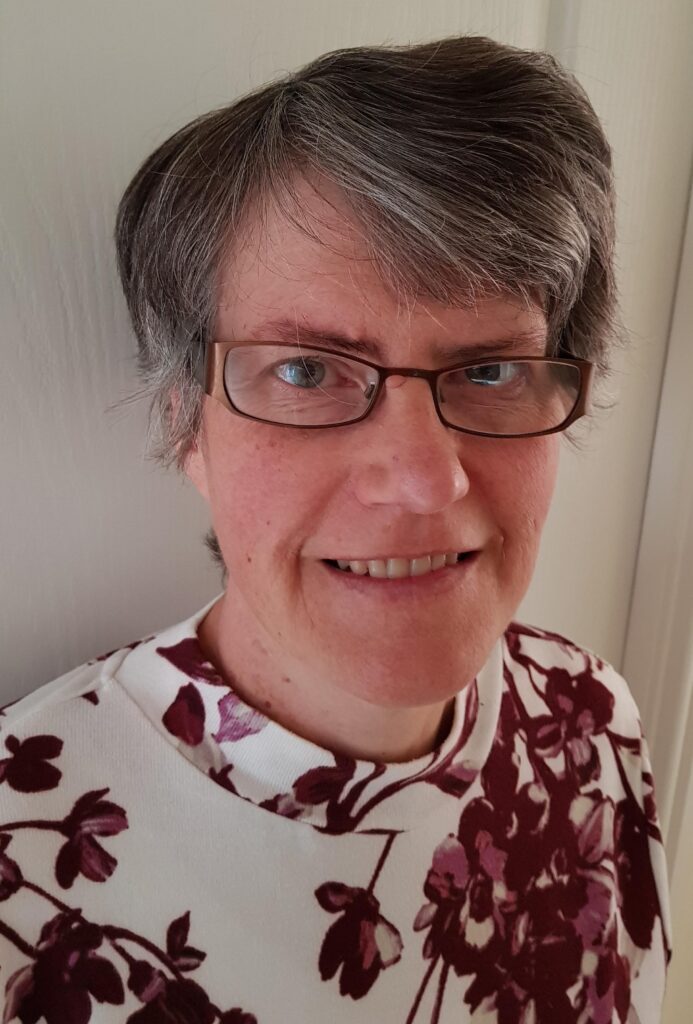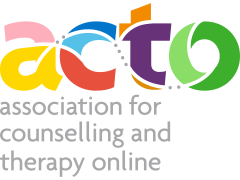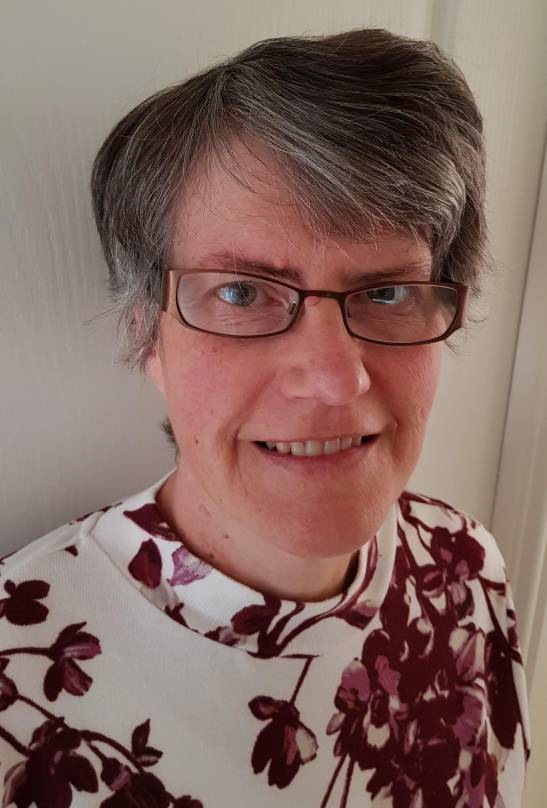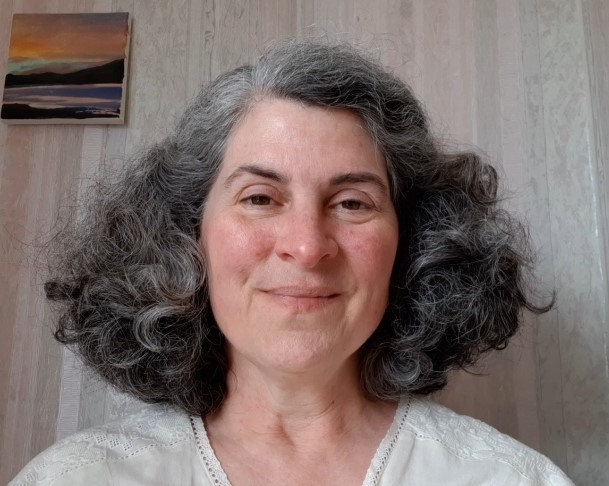I began working online in March 2020, because of the COVID-19 pandemic. The enforced lockdown gave me an opportunity to reappraise the way I work and enabled me to learn a new skill. Counsellors are expected to regularly undertake training, assess abilities, and develop new ways of working but I see this as integral to my practice. Therefore, lockdown gave me the opportunity to re-evaluate the way I work. Consequently, I am now qualified to work online in addition to working face-to-face and am looking to offer a blended approach, where I incorporate both ways of working. This serves as a means where I can reach out to a greater number of people in need which, in turn, is even more enriching for me.

Email Elizabeth Longshaw





